Keywords: Home
There are more than 200 results, only the first 200 are displayed here.
-
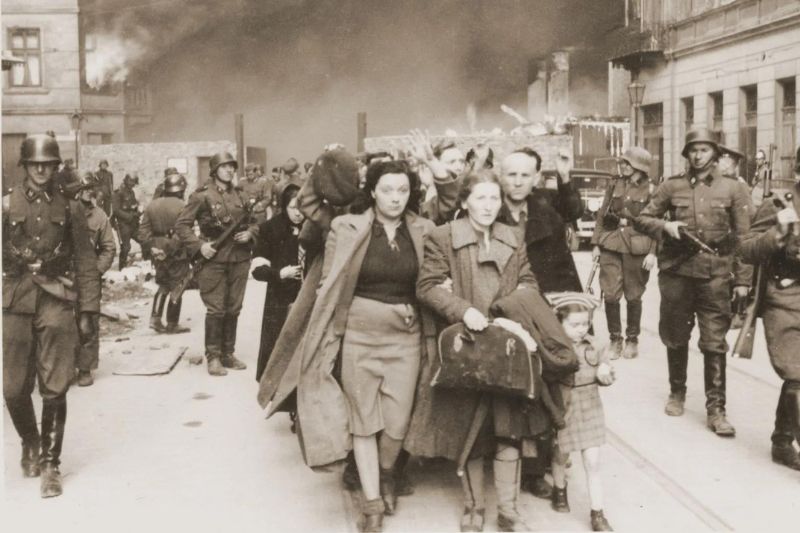
INTERNATIONAL
- Arnold Zable
- 19 April 2023
4 Comments
As Holocaust denial and falsehoods spread on social media, we commemorate the 80th anniversary of the Warsaw ghetto uprising, a heroic act of resistance against oppression, with a sense of urgency. Let us remember the lessons of the uprising and stand up against racism and authoritarianism in all its forms.
READ MORE
-
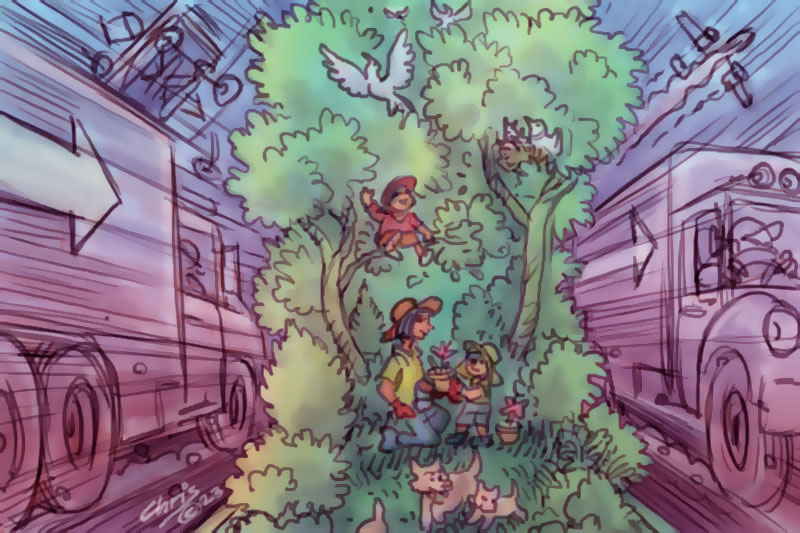
ARTS AND CULTURE
- Barry Gittins
- 18 April 2023
Near-death experiences can serve as stark reminders of the fragility of life, prompting us to cherish the moments that transcend routine and monotony. Whether it's the wit of a child, the intimacy with a partner, or the tranquility of nature, these moments awaken us to the gift of life.
READ MORE
-

INTERNATIONAL
- Michele Frankeni
- 17 April 2023
Dutch supermarket chain Jumbo has introduced 'Kletskassa' or 'chat checkouts' for customers who want a little conversation with the cashier. In today's automated world, where human interactions are increasingly impersonal, small moments of human connection can make a big difference in combatting loneliness in our communities.
READ MORE 
-

AUSTRALIA
- Michael McGirr
- 14 April 2023
5 Comments
What are the implications of widespread use of Metformin, Pembrolizumab, or Nivolumab, and what do they say about us? Featuring a humourless pharmacist and a thick wad of prescriptions, the story of our complicated relationship with pharmaceuticals is a meandering map of the human condition.
READ MORE 
-

RELIGION
In a world where we are constantly faced with life's fragility, it's no wonder that we find ourselves wondering what lies beyond. Is it the bright promise of immortality, or the endless cycle of birth, life, death, and rebirth? Or perhaps nothingness? When contemplating the 'thereafter,' what can we hope for?
READ MORE
-

ENVIRONMENT
- Michael McVeigh
- 11 April 2023
The government’s Powering Australia Plan promises renewable energy and net-zero emissions by 2050. However, analysts warn that there is little change in the economic and bureaucratic structures that support the fossil fuel industry. Unless Australia finds a way to prosper sustainably, the country will continue to benefit from emissions while the rest of the world suffers.
READ MORE
-
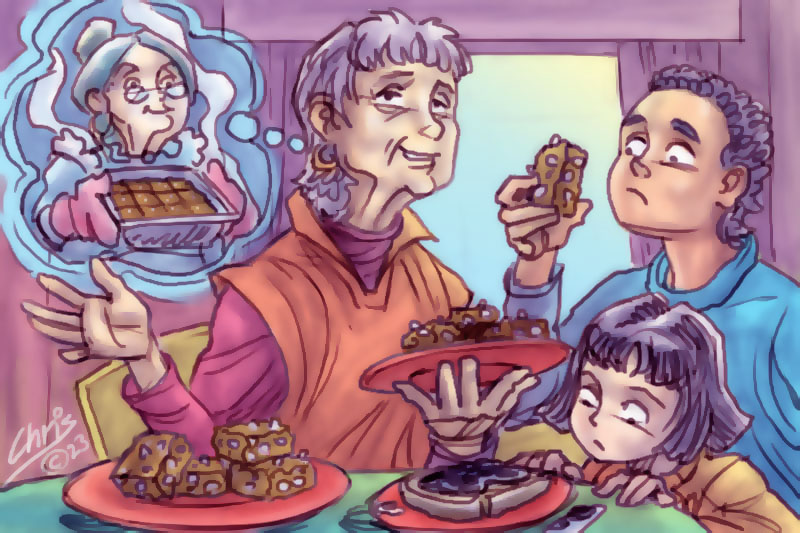
ARTS AND CULTURE
- Gillian Bouras
- 11 April 2023
6 Comments
Food has the power to evoke memories, connect people, and bridge cultural divides. In Australia, the diverse range of cultural influences enriching the culinary landscape stands as a testament to that sense of connection. In a time where the world feels increasingly divided, perhaps sharing a meal is just what we need.
READ MORE
-

ARTS AND CULTURE
- Juliette Hughes
- 05 April 2023
2 Comments
From chocolate-covered canines to sugar-rush-induced meltdowns, some Easter egg hunts don't quite go as planned. But with the promise to pay for damages and a reminder to all parents that sharing is caring, we can't help but wonder, was it all worth it?
READ MORE
-
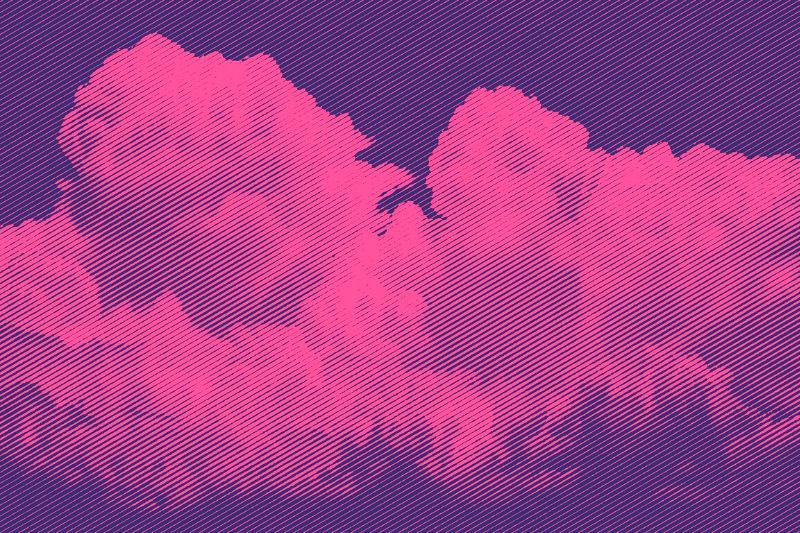
ECONOMICS
- David James
- 03 April 2023
As the collapse of Silicon Valley Bank, Signature Bank, and Credit Suisse poses a renewed threat to the global financial system, the question arises: how can we manage out-of-control debt? With global debt exceeding 230 per cent of GDP, could nationalising banks be the solution to the ongoing crisis, or will the debt merry-go-round continue to spin out of control?
READ MORE
-
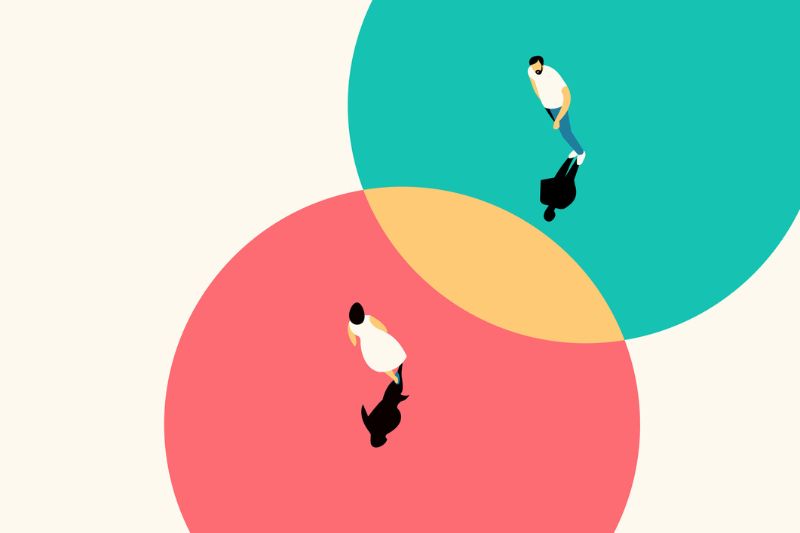
ARTS AND CULTURE
- Barry Gittins
- 30 March 2023
5 Comments
In a world of differing opinions and clashing worldviews, finding common ground can be a challenge. But by staying curious and open-minded about others' experience and practicing patience and compassion, we can learn to work alongside others with different viewpoints.
READ MORE
-

ENVIRONMENT
- Michele Gierck
- 24 March 2023
Climate science doesn't make for comfortable reading. As the climate crisis continues to escalate, Dr. Joëlle Gergis, prominent climate scientist and one of Australia's lead authors of the IPCC Sixth Assessment Report, offers readers a unique perspective on the urgent need for mass climate action and why we have reason to hope.
READ MORE 
-
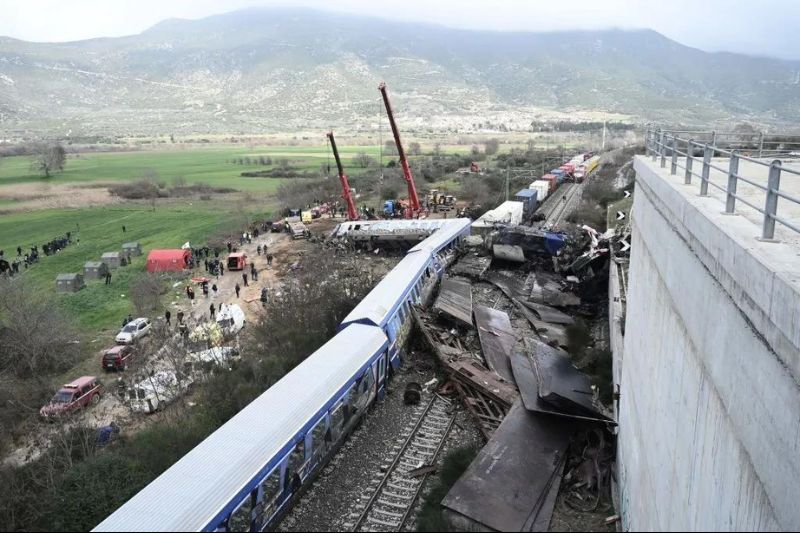
INTERNATIONAL
- William Gourlay
- 23 March 2023
1 Comment
The tragic train crash in Greece that claimed 57 lives has sparked an unexpected show of solidarity from Turkey. This is not the first time these two nations have come together in times of crisis, and despite a history of conflict and mistrust, recent events have brought the Greeks and Turks closer together, and intercommunality may be on the rise.
READ MORE